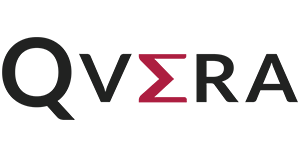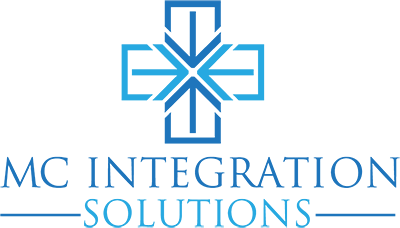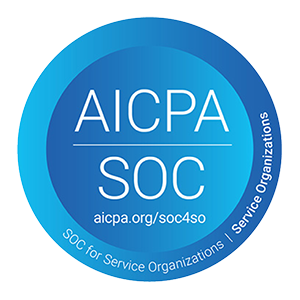What they Call Interoperability, I Call Good Patient Care
Guest post by Marc Meyers, MC Integration Solutions
I have a few acronyms behind my name (RN, EMT, HIT), and a long, and very personal, history with EHRs. So I consider myself extremely well-versed in the need for interoperability – which is simply good patient care in my book.
I’ve turned interoperability into my mission and, simply put, I couldn’t do what I do without Qvera.
I’m an RN. And I’m a stroke survivor. And now I’m a health information technology (HIT) practitioner who makes a living providing interoperability solutions to healthcare organizations using the Qvera Interface Engine (QIE). I don’t tell my story very often, but in this case, I’ll provide a few highlights to set up why I’m so passionate about my work.
I’ve spent 25 years in healthcare – mostly in emergency medicine.
Emergency Medicine Challenges for Healthcare Providers
As an EMT, I often had to treat patients in the field, without knowledge of their health history. I had no idea if they might be allergic to the treatment I was giving, if they had a condition that contraindicated a potential treatment, or whether they had just taken a medication that could cause what I was doing to have a different or unexpected affect.
I had to take calculated risks – trusting, but not knowing.
As an RN in the Divine Savior Healthcare emergency room, we only had access to the records that were available in our facility. There just wasn’t enough time to try and find more information from other facilities.
So again, we had to take calculated risks – trusting, not knowing.
And throughout my time in emergency medicine, as we were literally dancing on the razor’s edge with a patient’s health, I kept wondering:
How much easier and less stressful would it be if we had all the patient’s information in front of us at the time our decisions needed to be made?
Then I had my stroke.
Medical Record Challenges for Patient Advocates
Turns out, I met with 11 neurologists in two years, and every one of them had a different opinion of my condition. As my history grew, so did my Medical Record. At the time, the VA had, in my opinion, a pretty good EMR. But it didn’t connect to my hospital system as far as I could tell. If they had, the healthcare providers didn’t take advantage of any interoperability – based on how many times I had to repeat myself!
Because of my background, I began to carry my records around in a notebook so I didn’t have to spend my whole appointment explaining why I was there. After I was finally able to get cleared to return to work, it turned out I couldn’t continue doing what I loved. The last thing someone in distress wants to see is a nurse with shaking hands coming at them with a huge needle!
I found a way to stay in healthcare…. Which brings us to today.
Health Information Technology (HIT) Became My Calling
…And interoperability became my passion.
I was able to transfer into the IT department at Divine Savior Healthcare, where I spent my HIT career engaged in providing electronic health record (EHR) interoperability support and developing reporting applications for CPSI, Medhost and GE Centricity.
Imagine my delight when – using QIE – I was able to give healthcare providers instant access to everything they needed to know about a patient! I got to know QIE as I developed and implemented interfaces between each EHR and created interfaces to connect all of them to outside systems. Suddenly, WISHIN, WIR, Your Care Universe, Medicity and Virtual Radiology could all exchange patient records seamlessly. And, as a member of the Wisconsin Direct Trust Project, I built direct connections between the three EHR systems to Dean Health systems, UW Health systems and Sauk Prairie Hospital, all using QIE.
MC Integration Solutions: QIE Partner and Patient Advocate
Today, I connect hospitals and clinics around the area through my business, MC Integration Solutions. And, as I mentioned before, I couldn’t do what I do without Qvera. I’m able to connect pretty much any system – from lab systems to radiology to billing and reporting systems – and make the data exchange simple, flexible and fast.
So when I say interoperability simply means good patient care, I mean it. And I put every ounce of energy I have into creating good patient care and minimizing risks for everyone involved. I’m happy to say I’ve never been stumped. I go to Qvera’s knowledge base every day to figure out how to address a new challenge. And I’ve been able to, every time.
My new favorite acronym – carrying my clients and their patients safely into the future – is QIE.






